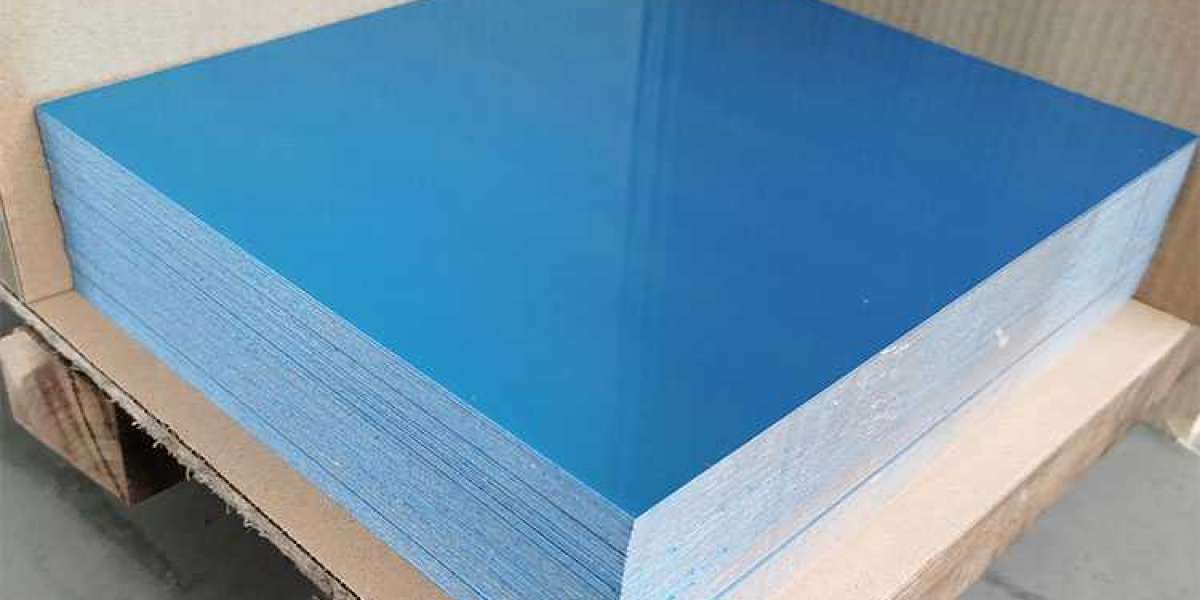13 gauge aluminum sheet refers to an aluminum sheet with a thickness of approximately 0.0907 inches or 2.305 mm. Here are some details about 13 gauge aluminum sheet:
Alloy: Aluminum sheets are available in various alloys, each with its unique properties and characteristics. Common aluminum alloys used for sheet metal applications include 3003, 5052, and 6061. The specific alloy used for a 13 gauge aluminum sheet may depend on the desired strength, corrosion resistance, and formability required for the application.
Size and Dimensions: Aluminum sheets are typically available in standard sizes, such as 4 feet by 8 feet (1.22 meters by 2.44 meters) or in custom sizes based on specific project requirements. The dimensions of a 13 ga aluminum plate will depend on the size chosen.
Surface Finish: Aluminum sheets can come with various surface finishes. The most common finish for aluminum sheets is mill finish, which is the natural finish obtained after the manufacturing process. Mill finish aluminum sheets have a smooth, shiny surface. However, aluminum sheets can also be treated with surface coatings or finishes such as anodizing, powder coating, or painting to enhance their appearance, provide additional protection, or achieve specific aesthetic requirements.
Applications: 13 gauge aluminum sheets find application in a wide range of industries and applications, including:
Construction: Aluminum sheets are used in construction projects for roofing, siding, and decorative elements due to their lightweight, corrosion resistance, and ease of fabrication.
Automotive: Aluminum sheets are used in the automotive industry for body panels, hoods, and other components to reduce weight and improve fuel efficiency.
Marine: Aluminum sheets are popular in marine applications due to their corrosion resistance and durability. They are used in boat building, shipbuilding, and other marine structures.
Aerospace: Aluminum sheets are widely used in the aerospace industry due to their lightweight properties. They are used in the construction of aircraft components, including wings, fuselage, and structural parts.
Electrical: Aluminum sheets are used in electrical enclosures, busbars, and conductive panels due to their electrical conductivity.
Industrial: Aluminum sheets find application in various industrial sectors for applications such as machinery components, packaging, and storage tanks.
Advantages: Aluminum sheets offer several advantages, including:
Lightweight: Aluminum is a lightweight material, which makes aluminum sheets easier to handle, transport, and install compared to other metals.
Corrosion Resistance: Aluminum has excellent corrosion resistance, making it suitable for outdoor and corrosive environments.
Formability: Aluminum sheets can be easily formed, bent, and shaped into desired configurations, providing flexibility in design and fabrication.
Thermal Conductivity: Aluminum has high thermal conductivity, making it suitable for applications that require heat dissipation or conduction.
Recyclability: Aluminum is highly recyclable, and aluminum sheets can be recycled repeatedly without losing their properties, making them environmentally friendly.








